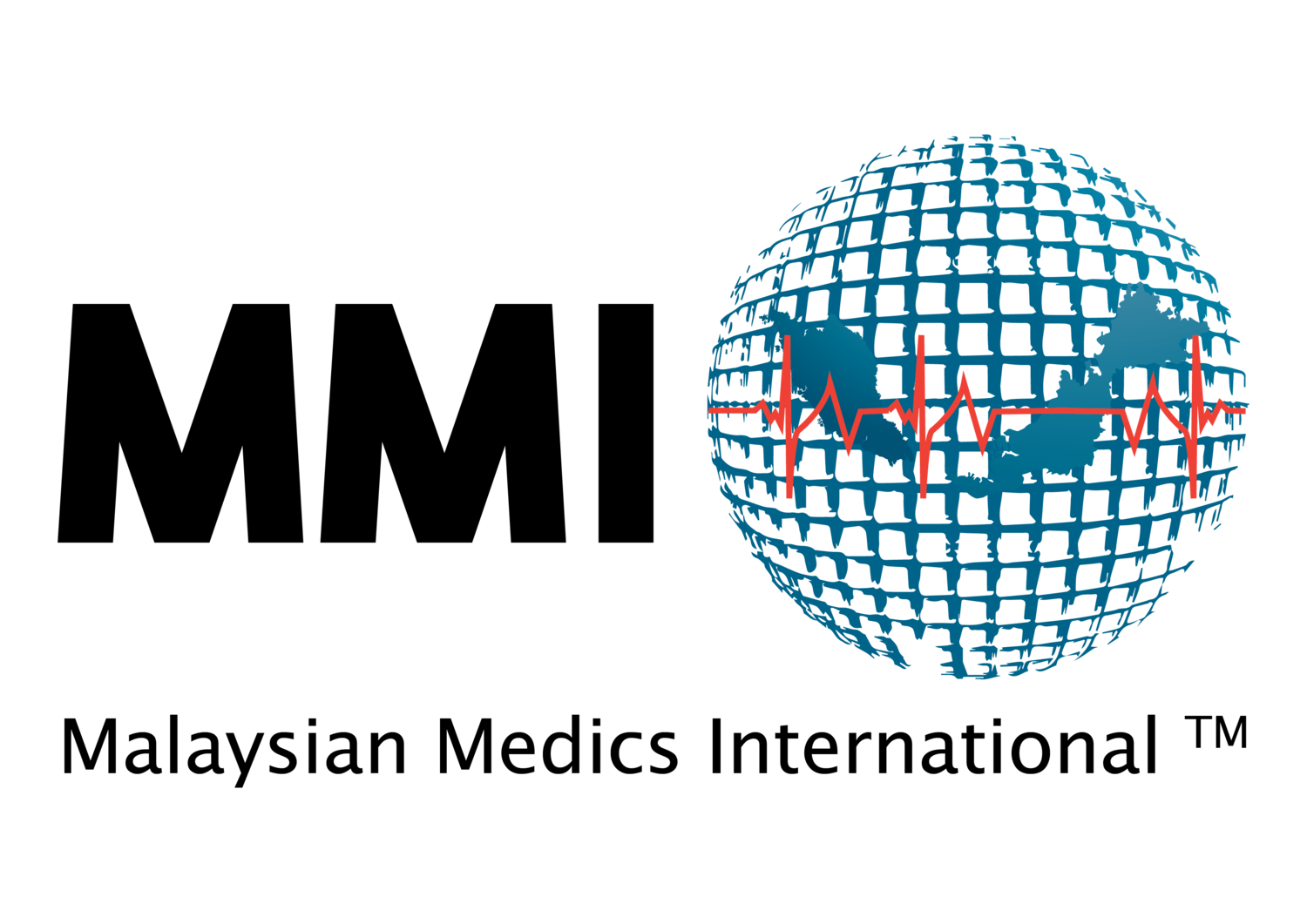“Give Me Whatever PPE, and I’ll Still Do the Job”
Humans of Medicine #7
A Covid-19 tribute to our heroes on the frontlines.
“A 3-ply surgical face mask, a thin plastic apron, a pair of surgical gloves, a head visor. This is the Level 2 PPE (Personal Protective Equipment) I wear to treat every patient, both suspected and confirmed. Let me reiterate that: suspected and confirmed. To quote my consultant, this level of PPE is best suited for making a sandwich.
I’m working in the Acute Medicine department, and every COVID-19 patient passes through our hands. Some are too unwell, so a lot of them actually pass away right in front of us upon admission in my department. The deaths were unsettling at first, but now it has become routine and I’m indifferent to it. This is the reality you face in this profession. The real concern with the current pandemic is contracting COVID-19, but honestly, I’ve passed the stage of being worried. I’m beyond that – give me whatever PPE, and I’ll still do the job. I might have even developed an immunity to the virus by now.
In Malaysia, they proactively screen the community and have tracking systems to identify COVID-19 suspected individuals. But the approach here in Britain is different. The National Health Service (NHS) tells you to stay home, even if you have symptoms. If your symptoms worsen, you call 111. That used to be a non-emergency number, but it has since become a COVID-19 hotline. It’s somewhat worse for healthcare professionals because to be eligible for swab tests, you must have a fever and continuous cough. Anything else (sore throat, runny nose, headache) and you’re told to self-isolate at home. And this is after working in high-risk environments where we’ve been directly exposed to COVID-19.
It’s actually very sad as a front-liner because you realise that these health systems aren’t looking after us properly. We see how Asian countries are handling the situation – hotel receptionists in China are getting better PPE than us – and you wonder if you’re a lamb being sent off to slaughter. You feel like a human sacrifice.
Nonetheless, the NHS is doing really well. In just 9 days, they’ve converted London’s ExCel exhibition centre into a pre-emptive temporary NHS Nightingale Hospital. It has a capacity of 4000 beds, complete with oxygen tanks and ventilators. It’s pretty amazing when you think about all that being done in about a week. They’re working to expand these NHS Nightingale hospitals to other regions in the UK where COVID-19 has hit the hardest as well.
We use London as a 2-weeks-ahead-of-us reference point and based on that, we will be fine. Malaysia is doing even better with the decreasing cases. But as we monitor the dropping figures, we need to think about what they represent. Doctors, nurses, janitors, policemen, the kakaks and makciks working the kitchens: everyone must have been continuously playing their role for the numbers to get this low.
The curve is flattening, yes, but this war is far from over. We’re not supposed to be superheroes, yet it feels like we’re risking our lives to be martyred. Everything is changing and there is no going back to the old normal. But as scary as this is, all we can do is take it one day at a time.”
(Consent has been obtained from the interviewee for the purpose of this publication. The author has rewritten the article with permission from the interviewee.)
Humans of Medicine is a new initiative under MMI. We tell inspiring stories behind portrait shots of our everyday unsung heroes. Curated by Malaysian medical students from home and abroad.
If you have a story you would like to share, please reach out to us at admin@malaysianmedics.org.
About the Author
Hong Jingqi is a first year medical student from University College Dublin who plays the piano and bakes in her free time when she's not missing the warm weather in Malaysia.



